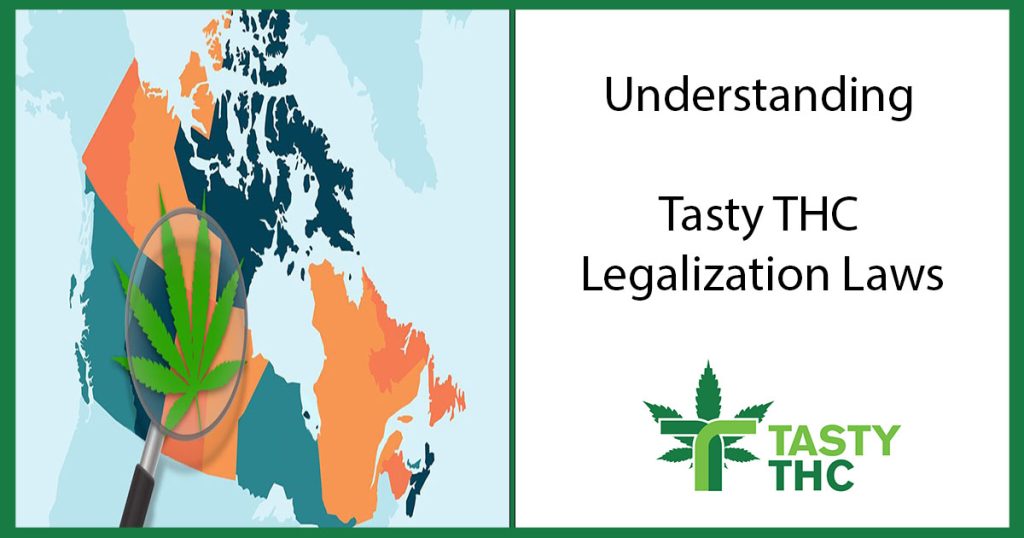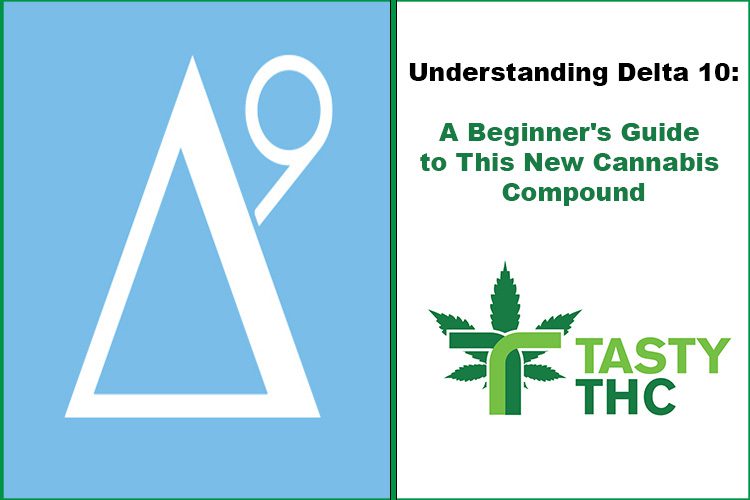| Outline |
|---|
| I. Introduction |
| II. What is THC? |
| A. Brief overview |
| B. Medical benefits |
| III. The history of THC legalization in Canada |
| A. Early prohibition |
| B. Shift in public opinion |
| C. Legalization |
| IV. Current legal status of THC in Canada |
| A. Federal level |
| B. Provincial and territorial level |
| V. The process of THC legalization in Canada |
| A. Advocacy groups |
| B. Legislative action |
| VI. Pros and cons of THC legalization in Canada |
| A. Benefits |
| B. Concerns |
| VII. International landscape of THC legalization |
| VIII. How to stay informed about THC laws in Canada |
| IX. The future of THC legalization in Canada |
| X. Conclusion |
| XI. FAQs |
Understanding THC Legalization Laws in Canada
I. Introduction
With the ever-changing landscape of cannabis laws, it’s essential to stay informed about THC legalization in Canada. This article will provide a comprehensive understanding of THC legalization laws in Canada, including the history, current legal status, and future outlook. So, buckle up and let’s explore this fascinating subject together!
II. What is THC?
A. Brief overview
THC, or tetrahydrocannabinol, is the psychoactive compound found in cannabis that produces the “high” sensation. It interacts with the endocannabinoid system in the body, resulting in various effects on mood, memory, pain, and more.
B. Medical benefits
There’s no denying that THC has several potential medical benefits. Some studies suggest it may help relieve symptoms of chronic pain, multiple sclerosis, epilepsy, and even slow the growth of certain cancer cells.
III. The history of THC legalization in Canada
A. Early prohibition
The prohibition of cannabis in Canada dates back to the early 20th century, with the introduction of the Opium and Narcotic Drug Act in 1923. This act classified cannabis as a narcotic, leading to its criminalization.
B. Shift in public opinion
In the late 20th century, public opinion began to shift as people recognized the potential medicinal benefits of THC. Canada legalized medical marijuana in 2001 with the introduction of the Marihuana for Medical Purposes Regulations (MMPR), allowing patients to access cannabis for medical purposes.
C. Legalization
In recent years, the push for full cannabis legalization gained momentum, and in 2017, the Canadian government introduced the Cannabis Act to legalize, regulate, and restrict access to marijuana for recreational use. After a series of discussions and amendments, the act came into effect on October 17, 2018, making Canada the second country in the world to legalize marijuana.
IV. Current legal status of THC in Canada
A. Federal level
At the federal level, marijuana is now legal for both medical and recreational use. However, there are specific regulations in place, such as age restrictions, possession limits, and rules on home cultivation.
B. Provincial and territorial level
While marijuana is legal at the federal level, provinces and territories have the authority to regulate certain aspects, such as retail distribution and consumption rules. It’s essential to stay informed about your province or territory’s specific laws, as they can vary greatly.
V. The process of THC legalization in Canada
A. Advocacy groups
Numerous advocacy groups have pushed
for marijuana legalization in Canada, citing reasons such as public health benefits, reduced crime, and economic advantages. These groups played a vital role in raising awareness and influencing public opinion on the subject.
B. Legislative action
Canada’s government took a significant step by introducing the Cannabis Act in 2017, aiming to legalize, regulate, and restrict access to marijuana. After a series of discussions and amendments, the act came into effect on October 17, 2018, making Canada the second country in the world to legalize marijuana for recreational use.
VI. Pros and cons of THC legalization in Canada
A. Benefits
There are several benefits of THC legalization in Canada, such as:
- Reduction in criminal activity associated with the illegal cannabis trade.
- Improved public health outcomes, with regulated products ensuring quality and safety.
- Economic advantages, including job creation and tax revenue.
- Facilitated research on the medical benefits of THC and cannabis in general.
B. Concerns
Despite the benefits, there are also concerns related to THC legalization in Canada:
- Potential increase in impaired driving incidents.
- Risk of increased cannabis use, particularly among youth.
- Challenges in enforcing regulations and preventing the illicit market from thriving.
VII. International landscape of THC legalization
Canada is not alone in its journey towards cannabis legalization. Several countries, including Uruguay and some US states, have legalized marijuana for recreational use, while many others have decriminalized or allowed medical use. The international landscape of THC legalization is rapidly evolving, with more countries considering changing their laws in response to shifting public opinion and evidence-based research.
VIII. How to stay informed about THC laws in Canada
To stay informed about THC laws in Canada, consider the following resources:
- Government websites that provide updated information on cannabis regulations.
- Reputable news sources that cover the latest developments in marijuana legislation.
- Social media accounts of advocacy groups and government agencies involved in cannabis regulation.
IX. The future of THC legalization in Canada
As the legalization of THC in Canada continues to evolve, it is likely that additional changes and amendments will be made to address emerging concerns and to further refine the regulatory framework. It’s essential to stay informed and engaged in the conversation surrounding THC legalization, as it will help shape future policies and regulations.
X. Conclusion
The legalization of THC in Canada represents a significant shift in the nation’s approach to cannabis. By understanding the history, current legal status, and future outlook of THC legalization, individuals can stay informed and make educated decisions about their own use and the impact on society. As the landscape of cannabis laws continues to evolve, it’s crucial to stay updated on the latest information and developments.
XI. FAQs
- Q: Is THC legal in all of Canada?
A: Yes, THC is legal for recreational use across Canada. However, provinces and territories have their own regulations regarding retail distribution and consumption rules. - Q: Can I grow my own cannabis in Canada?
A: Generally, yes. Canadian residents can cultivate up to four cannabis plants per household for personal use. However, some provinces have additional restrictions, so it’s essential to check your province’s specific regulations. - Q: What is the legal age for using THC in Canada?
A: The legal age for using THC varies by province and territory, but it is generally either 18 or 19 years old. - Q: Can I travel with cannabis in Canada?
A: You can travel with cannabis within Canada, but there are restrictions on the amount you can carry and the specific locations where you can consume it. It’s crucial to be familiar with the rules in your destination province or territory. - Q: Are there any penalties for breaking cannabis laws in Canada? A: Yes, there are penalties for violating cannabis laws in Canada, such as possessing more than the allowed amount, distributing cannabis to minors, or driving under the influence of THC. Penalties can range from fines to imprisonment, depending on the severity of the offense.



